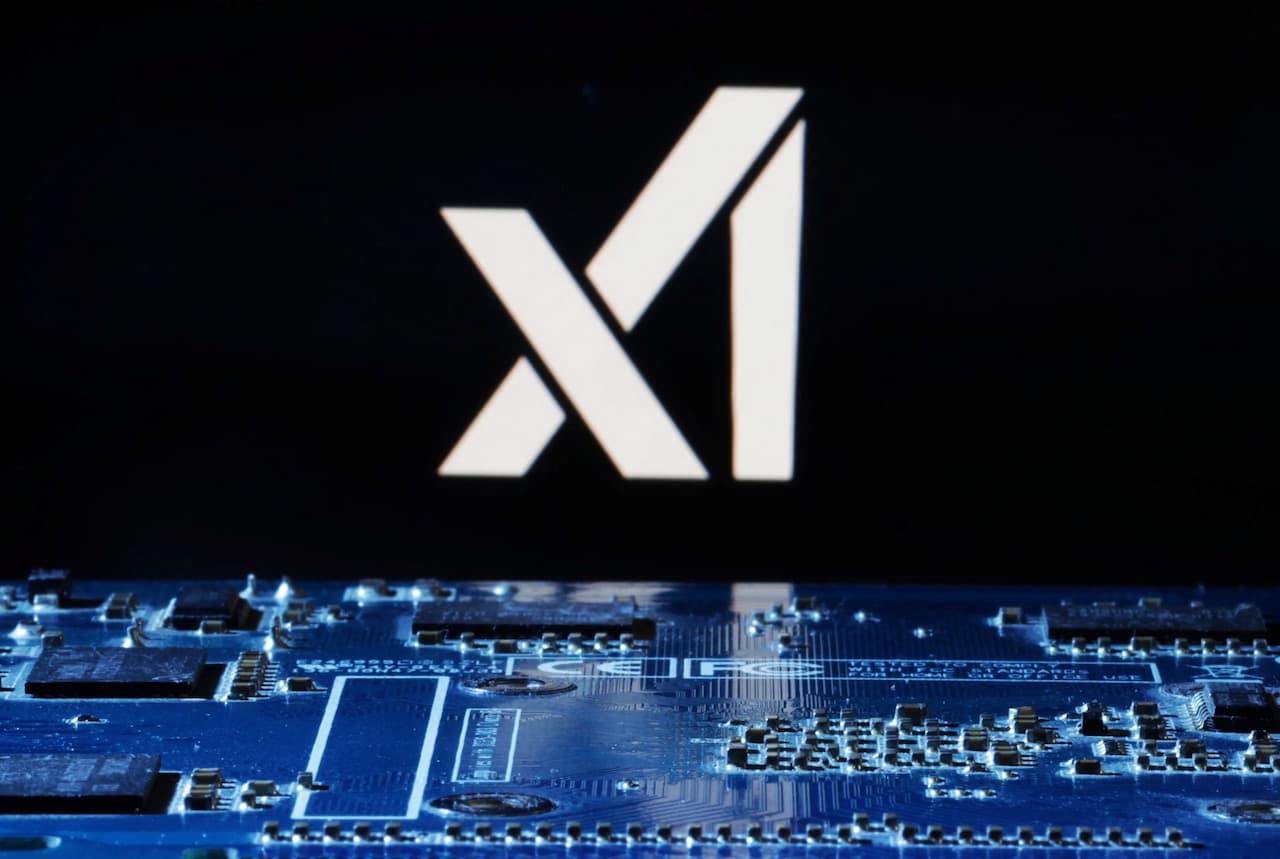Elon Musk’s company, xAI, is under pressure to halt the operation of gas turbines at its supercomputer facility. Recent thermal imaging has raised concerns that over 30 methane gas turbines are running without the necessary environmental permits.
Musk quickly built the Colossus supercomputer in Memphis, Tennessee, claiming it was the largest in the world. He stated that the construction took just 122 days and believed his competitors in AI would struggle to keep up.

To gain an advantage, xAI streamlined the building process, eliminating anything deemed unnecessary and taking control of the timeline, according to their website.
However, xAI now faces demands from Memphis residents, particularly in historically Black neighborhoods, who allege that the company is operating more turbines than it has disclosed to local authorities, all without the required permits. These residents argue that the unregulated turbines likely make xAI a major source of smog pollution.
Joined by the Southern Environmental Law Center (SELC), residents are urging the Shelby County Health Department to reject all of xAI’s air permit applications, citing a significant lack of transparency and information from the company.
KeShaun Pearson, who leads the nonprofit Memphis Community Against Pollution, accused xAI of “environmental racism” during a news segment. He believes that xAI does not value the input of Memphis residents.
Adding to the community’s worries, anonymous fliers were distributed in Black neighborhoods, claiming that xAI’s emissions are low. This coincided with the SELC obtaining thermal images that suggest xAI may not be truthful about its operations.
Previous images indicated that xAI has at least 35 turbines on-site, even though their permit application only requests approval for 15. Memphis Mayor Paul Young mentioned that xAI had claimed it was only using 15 turbines.
The SELC, in collaboration with SouthWings, conducted aerial thermal imaging, revealing that 33 turbines were emitting significant heat, indicating they were in operation at the time the photos were taken.
The SELC alleged that these images contradict xAI’s recent statements claiming that many turbines were merely stored and not actively running.
Amanda Garcia, a senior attorney with the SELC, expressed concern that xAI may be using non-disclosure agreements with local officials to operate without oversight. She reminded residents that Musk’s other companies have faced fines for environmental violations in Texas.
Garcia criticized xAI for operating over 30 methane gas turbines without permits and public oversight, warning that such turbines can release harmful pollutants linked to serious health issues like asthma and cancer. She emphasized that the lack of transparency has left the Memphis community unaware of the air quality risks they face.
Although xAI has reportedly ignored requests to engage with local residents near its data center, the Shelby County Health Department has responded. They scheduled a public hearing to allow residents to voice their concerns about xAI’s draft permit.
xAI has not provided any comments in response to inquiries regarding the situation.
To obtain permits for operating 15 turbines, xAI must implement advanced emissions control technology, as outlined in the draft permit. Failure to maintain low emissions could result in enforcement actions from health authorities and the EPA.
In its permit application, xAI claimed that the 15 turbines are equipped with advanced technology to reduce harmful emissions. The company is optimistic about receiving the necessary permits.
However, Shelby County was already not meeting the ozone standards for public health even before xAI’s construction began, suggesting that additional controls might be necessary.
The upcoming health department hearing will be the first opportunity for the public to demand greater accountability from xAI. Meanwhile, the mysterious fliers appear to be an attempt to diffuse community concerns.
The fliers claimed that the 15 turbines are specially designed to protect air quality, but there is no direct evidence linking these materials to xAI. The company continues to expand its data center despite the controversies surrounding it.
Musk has pledged to accelerate the construction and expansion of the facility, claiming that this is just the beginning. xAI’s website boasts about the unprecedented speed and scale of its building efforts.
The company has already invested $7 billion in the data center, and that figure is expected to rise. Recent funding has been allocated to enhance their infrastructure, with projections suggesting that developing a leading AI data center could cost up to $200 billion in the near future.
Moreover, the products relying on the data center will ensure continued operations at Musk’s facility. Currently, the primary function of xAI’s supercomputer is to support Grok, a chatbot linked to Musk’s social media platform, X.
xAI recently showcased an advanced version of Grok, with more innovative products in the pipeline.
While xAI promotes its supercomputer as a transformative technology, local representatives like Justin Pearson are working to rally support against the alleged pollution issues.
On social media, Pearson accused xAI of being dishonest about its methane emissions, which he argues contribute to health problems like asthma.
He has also called on local officials to reveal the identity of the group behind the fliers to address misinformation within the community.
As xAI confronts pollution allegations, it continues to market its supercomputer as a revolutionary technology that promises economic benefits for Memphis. The company aims to diversify its focus beyond chatbots, looking into fields like autonomous vehicles and scientific research.
Despite its ambitious goals, climate change solutions do not seem to be a priority for xAI. As the Colossus supercomputer consumes a substantial amount of power, concerns grow over the reliance on fossil fuels to support AI advancements.
KeShaun expressed frustration over the contradiction of using fossil fuels to power the future of technology, highlighting the disconnect in priorities.
Other Stories You May Like
